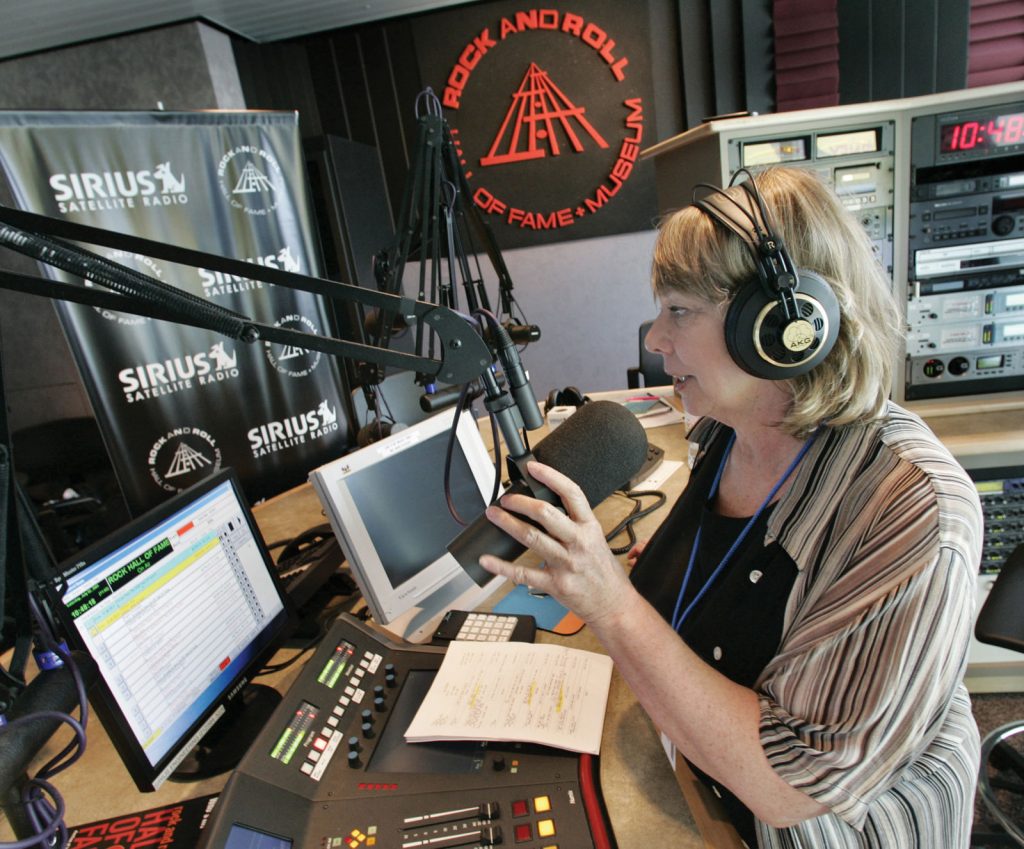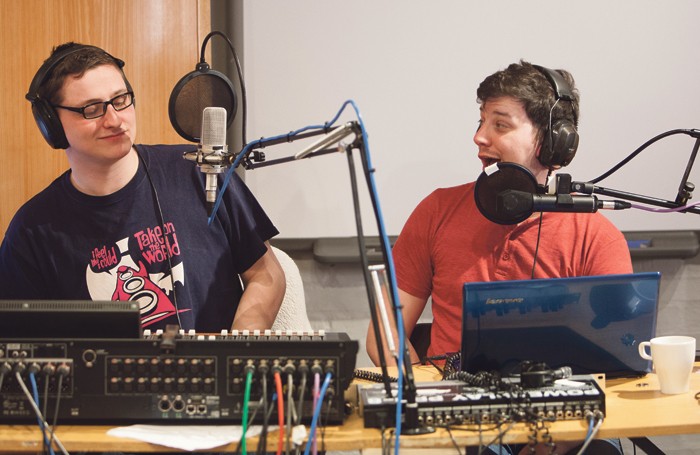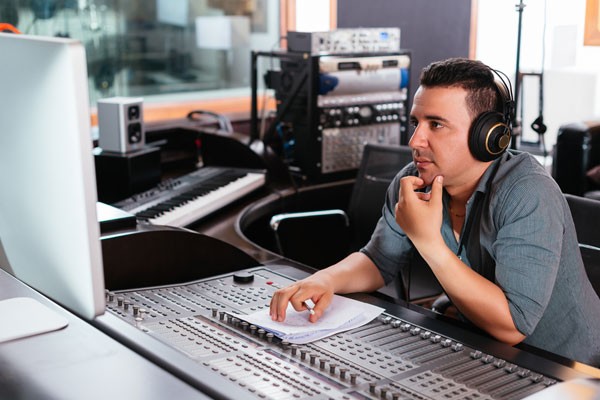Some believe acting for the radio is a lot easier than acting for the screen or stage because the actor no longer needs to bother about blocking, facial expressions, and movement to convey character. Still, many believe radio acting to be a more challenging performance for the same reasons. A radio actor solely relies on voice to convey character, but they still must have the same clear picture of their role as a stage actor. Even if the radio actor is not in costume for the performance, the actor should have a clear image of what he/she would be wearing, how they would move and stand, and what sort of gestures and facial expression he/she would use to portray the character.
If you’re pursuing a voice acting career, here are tips to better portray characters in radio dramas.
 wisegeek
wisegeekRadio Acting 101: Tips for Beginners
Pamper your voice.
To succeed in the radio acting business, it is crucial to make sure that the most important element is in tip-top shape: your voice. Unlike a guitarist, pianist, or drummer, in radio acting, your voice is your instrument. Observe how professional musicians take care of their musical instruments. They obsessively clean it, maintain it, fix any broken parts immediately, and store it in a nice, comfortable place. Likewise, you should take care of your voice, maintain it, and keep it in pristine condition. Use proper breathing patterns, drink lots of water, avoid shouting, and sleep at least seven hours a night.
Warm up.
Just like athletes stretching out their body and muscles before a big game, radio actors must make vocal warm-ups a habit before a recording. Stretching can prevent the athlete from unnecessary damage and pain. Stretching the voice is just as critical. As mentioned, the voice is your main tool as a radio actor, it being the instrument that carries key elements of the playwright’s work: the character and the story. Vocal warm-ups are used to condition radio actors’ vocal muscles, preparing them for the intense vibrations of the upcoming recording.
 britannica
britannicaIdeally, vocal warm-ups should be done every day. Do some simple exercises for 20 minutes every morning. Here are basic warm-ups you can use.
Have a drink close at hand.
Stay hydrated! Water works very well with your voice, either hot or room temperature. If your mouth gets dry, it will make noises—smacks, clicks, pops—that will distract from the message. Never use cold water though. Drink water with every meal during breaks and fill up a liter bottle to sip it periodically. Refill immediately once you’ve consumed the bottle. It might seem like a lot of water, but most people are chronically dehydrated. Frequent trips to the bathroom is better than a damaged voice!
Hold your script at chest height.
Always hold the script at chest height. If it is held high in front of your face, you’re blocking the mic and your voice will be muffled. If it is held too low, then the voice will be projected downwards and will not be recorded clearly. If you’re having trouble reading, it’s about time you have your eyesight checked. Your eyes are just as important if you’re pursuing this career.
 thestage
thestageImportant: Turn the pages of your script quietly!
Remain still and quiet when you are not speaking.
Once the director says “action,” no sound should be present on set except for the actors doing their job. And you need to remember this rule! While smartphones are a huge and important piece of the toolkit for many crew members on set, they can’t let an unexpected ringtone interrupt the scene. You are no exception. Turn your phone’s volume off, and ensure that even the vibration isn’t heard by the people around you. Besides your phone, keep a handle on your own noise level in general, even if you’re throwing lines with your co-actor. Be still as the studio’s powerful microphones can capture even the slightest rustle of your clothes.
Plan and rehearse movement around the mic.
Most radio actors may still need to move around to allow others good access to the microphone when it is their cue or to move for particular effects. It is important not to trip over each other or make unnecessary noise. For smoother recording sessions, plan your movements ahead with your director and co-actors.
 aulaed
aulaedCritique your own work.
Have you ever recorded your singing and cringed after listening to it? For beginner radio actors, this is exactly how it will feel for every take. Once you have recorded your work, it is important to listen to how it sounds so that you can judge for yourself whether your intentions or emotions are being communicated to the audience. Although the director has the final say in everything, aim for self-improvement after every take.
Speaking is not the same as talking.
Talking is the most natural thing in the world; however, speaking—especially into a microphone—is considered unnatural by many people. When you’re talking to another person, you’re not only using your voice. You use facial expressions, body language, and gestures to be fully understood in a face-to-face conversation. But plain talking won’t translate well to voice-overs. A popular saying in radio acting says, “It’s not what you say but how you say it.” With any voice-over job—no matter how fast—clarity is key. Every word needs to be heard by the listener as your voice carries the story and character of the drama. To hone your speaking skills, practice correct pronunciation and enunciation by reading aloud frequently. It might feel a little awkward or overdone at first, but on the recording, it’ll sound just right.
Practice makes perfect. Good luck and have fun!